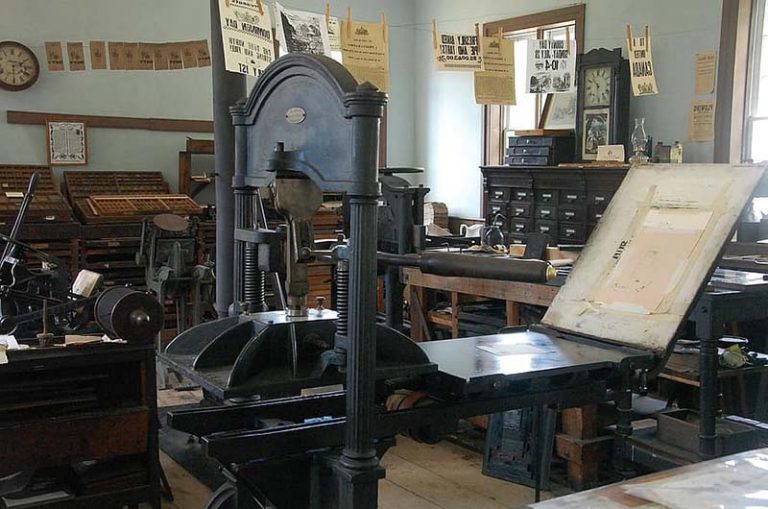First published: December 06, 2004
Jean Crete and Guy Lachapelle, in the article The Bloc Quebecois, attempt to explain the actions of Quebec voters through the period beginning with the Liberals in the 1970s; and the Progressive Conservatives in the 1980s; and the emergence of the Bloc Quebecois in the 1990s through an understanding of the context of these times, the party leaders, the political parties themselves and voter behaviour. While compelling, the authors might also chosen a number of other factors such as ethno-cultural influences, religious factors, and global influences, among a long list. However, one factor, which does not get a lot of attention, yet is mentioned by the authors a number of times, is the economic conditions that seem to exist during key times during the rise and fall of political movements within Quebec. If money talks, it is not very loud in the interpretation used in this article.
Certainly, it is impossible to ignore the ideological reasons and key arguments explaining the various efforts to create, or to dissuade, the formation of a nationalist party in Ottawa. But the authors note in 1982, the Parti Quebecois is reluctant to support an official federal party due to an economic downturn, a time when Ottawa would provide much needed financial support through national programs. Then in 1984, when Quebecers took the beau risque with the Progressive Conservatives, the authors explain it was just easier to manage for the Parti Quebecois since it would not have to run any candidates against the Tories. The authors do not explore a major plank in the Conservative platform was to bring fiscal responsibility back to Ottawa, after the deficit-financing, Keynesian model used by the Liberals in the 1970s. Neo-conservatism was also finding a voice through American President Ronald Regan and British Prim Minister Margaret Thatcher. It was easy to jump on the bandwagon, as they helped bring the Conservatives to power. This would be best expressed during the next election through Quebec voter’s support of the North American Free Trade Agreement in 1988, which the authors note. The loss of the Meech Lake Accord would break the trust between Conservatives and Quebec nationalists. Yet, once again, economic factors would play into the formula. Once again, in 1990s, the Bloc’s party platform would contain strong economic elements such as deficit reduction and demands for better unemployment insurance benefits. Finally, in 1997, with the overall economy improving and public sector spending cutbacks, Quebec voters respond by making the Bloc the official opposition.
The authors describe the complex fundraising laws in Quebec and Canada, saying how the nationalists would be frustrated by inability to get donations directly from unions and corporations, leaving them severely under-funded against federal forces, once again demonstrating how economic elements played against Quebeckers. In all referendums, in 1980, 1992 and 1995, Ottawa outspent the nationalists
While the authors make a reasonable case putting forward their argument, it would have made a lot of sense to break out the economic factors and provide a more in-depth analysis of this aspect to provide a more comprehensive picture. While ideology and political strategy played important roles in the formation of a nationalist federal party to represent Quebec, the economic undercurrents were significant, too.

